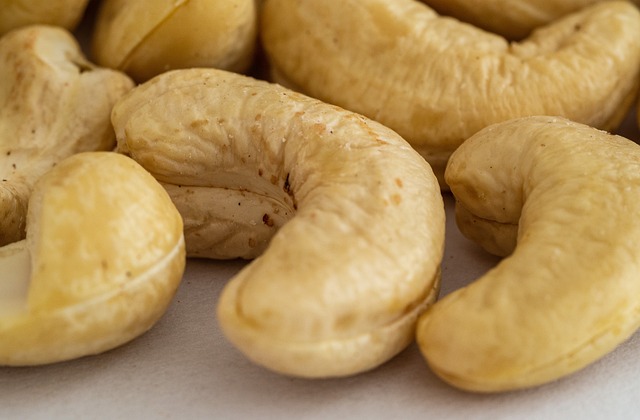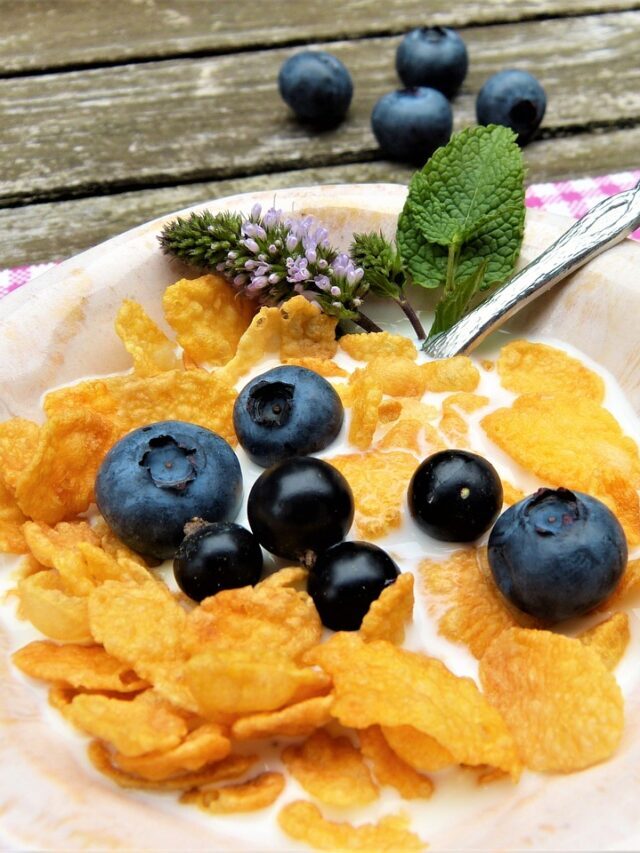Cashew Consumption: Side Effects and Health Risks
Cashews are delicious nuts that are widely consumed and loved for their rich taste and nutritional value. They are a popular snack option and a versatile ingredient in various cuisines. However, while cashews offer numerous health benefits, excessive consumption can lead to potential side effects and pose risks to your overall well-being. In this article, we will explore the possible adverse effects of consuming excessive cashews and discuss the importance of moderation in your diet.

Weight Gain and Obesity:
Cashews are high in calories and healthy fats. While these fats are beneficial in moderation, excessive consumption can contribute to weight gain and obesity. Overindulging in cashews, especially if you’re not accounting for the additional calories, can disrupt the balance between calorie intake and expenditure, leading to an unhealthy increase in body weight.
Allergic Reactions:
Cashews belong to the tree nut family, and like other nuts, they can trigger allergic reactions in some individuals. Cashew allergies are not uncommon and can manifest as mild symptoms such as itching, skin rashes, and nasal congestion, or severe reactions like difficulty breathing and anaphylaxis. If you have a known allergy to tree nuts, it’s crucial to avoid cashews and products containing cashew ingredients.
Digestive Issues:
Excessive consumption of cashews can lead to digestive problems such as bloating, gas, and diarrhea. Cashews are high in dietary fiber, which is beneficial for digestion in moderate amounts. However, consuming an excessive quantity of cashews may overwhelm your digestive system and result in gastrointestinal discomfort. It is important to consume cashews in appropriate portions and ensure a well-balanced diet.
Kidney Problems:
Cashews contain oxalates, which can contribute to the formation of kidney stones in susceptible individuals. Consuming an excess of oxalates can increase the risk of kidney stone development. If you have a history of kidney problems or are prone to kidney stone formation, it is advisable to limit your cashew intake and consult a healthcare professional for personalized dietary recommendations.
Nutrient Imbalance:
While cashews are packed with essential nutrients like vitamins, minerals, and antioxidants, overconsumption can disrupt the overall nutrient balance in your diet. Relying excessively on cashews as a snack or ingredient may cause you to miss out on other vital nutrients from different food groups. A well-rounded and varied diet is crucial for optimal health, so it’s important to consume cashews as part of a balanced meal plan.
Nutrient Density and Overconsumption:
Cashews are dense in calories and nutrients, which can be beneficial when consumed in appropriate amounts. However, consuming large quantities of cashews on a regular basis may lead to excessive nutrient intake, particularly in terms of calories, fat, and certain vitamins and minerals. This can disrupt the balance of nutrients in your diet and potentially contribute to health issues such as nutrient imbalances or deficiencies.
Increased Blood Sugar Levels:
Cashews have a moderate glycemic index, which means they can cause a relatively quick rise in blood sugar levels. While this is generally not a concern when consumed in moderation, excessive consumption of cashews, especially for individuals with diabetes or insulin resistance, may lead to spikes in blood sugar levels. It is crucial for those with diabetes to monitor their portion sizes and consider their overall carbohydrate intake to maintain stable blood sugar levels.
Adverse Effects on Dental Health:
Cashews, like many other nuts, have a slightly sticky texture that can cling to teeth and promote the growth of harmful bacteria. Excessive consumption of cashews without proper oral hygiene practices, such as thorough brushing and flossing, may increase the risk of tooth decay, cavities, and gum disease. It’s important to be mindful of oral hygiene and limit prolonged exposure of cashew particles to your teeth.
Potential Contamination:
In rare cases, cashews may be contaminated with molds, fungi, or aflatoxins, which are naturally occurring toxins produced by certain types of molds. These contaminants can be harmful to human health and may cause liver damage or have carcinogenic effects when consumed in high quantities over a long period. It is advisable to purchase cashews from reputable sources and ensure they are stored in appropriate conditions to minimize the risk of contamination.
Interference with Medications:
Cashews contain certain compounds that may interfere with the absorption or efficacy of certain medications. For example, the high levels of dietary fiber and healthy fats in cashews can slow down the absorption of some medications, reducing their effectiveness. If you are taking any medications, it’s essential to consult with your healthcare provider or pharmacist to determine if there are any potential interactions between cashews and your prescribed medications.
Remember, moderation is key when it comes to incorporating cashews into your diet. Enjoy them as a part of a balanced and varied eating plan, and be mindful of portion sizes to reap their health benefits while minimizing potential side effects. As with any dietary concerns, it is always best to consult with a healthcare professional for personalized advice based on your individual needs and health conditions.
Conclusion:
Cashews are undoubtedly a delicious and nutritious addition to a healthy diet when consumed in moderation. However, overindulging in cashews can lead to various side effects that can negatively impact your health. It’s important to be mindful of your portion sizes, especially if you are watching your weight or have specific dietary restrictions or allergies. If you have any concerns about cashew consumption or its potential effects on your health, it’s always advisable to consult a healthcare professional for personalized guidance. Remember, balance is key when it comes to enjoying the benefits of cashews while minimizing the risks.







